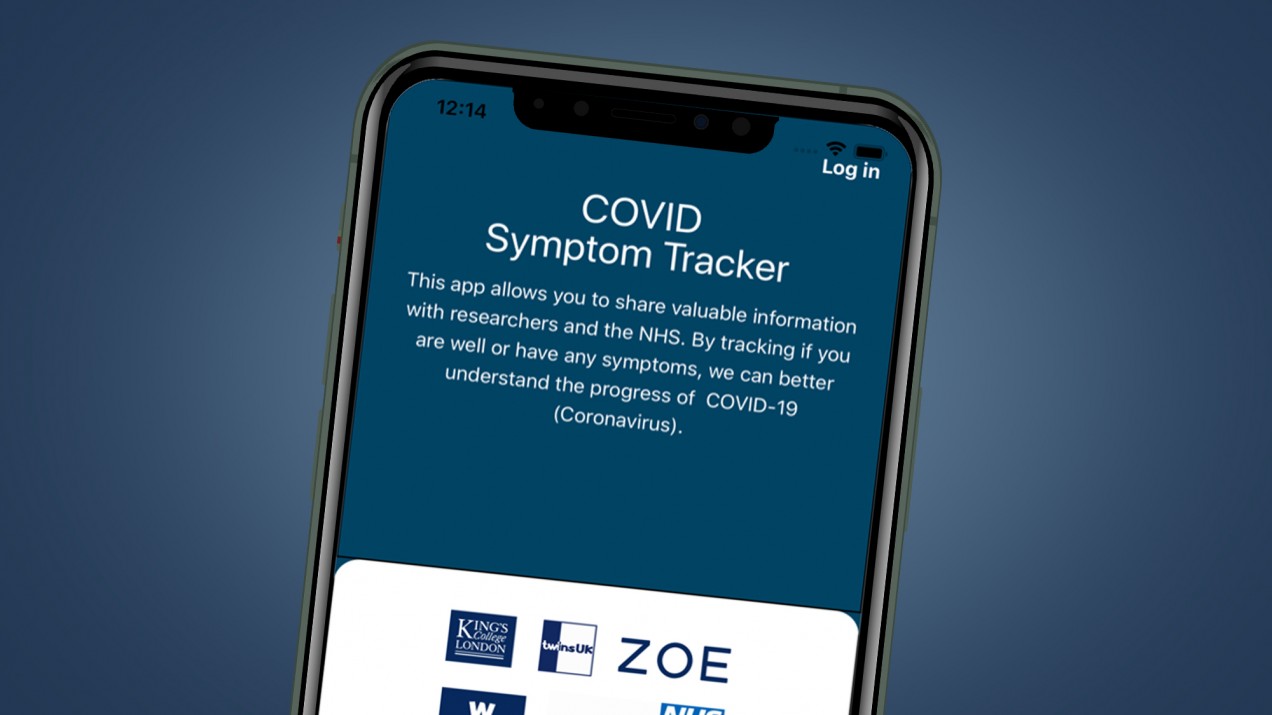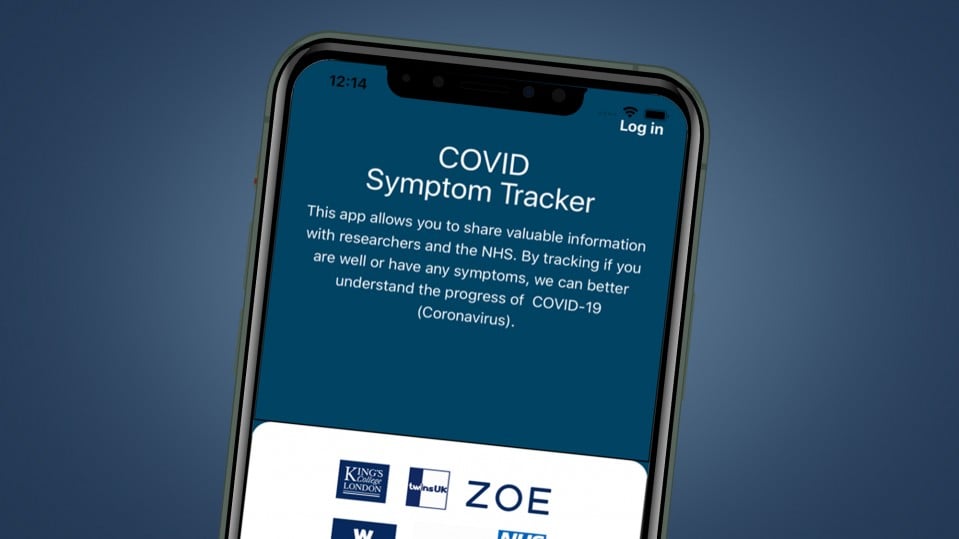

Biotechnology
A new app might help researchers monitor the spread of coronavirus
The data collected from more than 750,000 people could help us understand why people’s experiences of coronavirus vary so wildly.

The news: A new app set to launch in the US tomorrow will help researchers better understand coronavirus by tracking its spread in real time. The app, called Covid Symptom Tracker, is already available in the UK and has been downloaded by over 750,000 people.
What’s it for? It was developed by King’s College London to monitor coronavirus symptoms in participants of a decades-long study into thousands of twins and their families, in order to discern whether genes play a role. However, it has since been opened up to the general public. The idea is that by collecting data from lots of people and linking symptoms with underlying health conditions, researchers can get a better grasp of how fast the virus is spreading in certain areas, where hot spots are, and who is most at risk. Crucially, it could help us understand why some people become dangerously unwell with coronavirus while others experience only a mild illness.
You can read all our coverage of the coronavirus/Covid-19 outbreak for free, and also sign up for our coronavirus newsletter. But please consider subscribing to support our nonprofit journalism.
How does it work? Those who register are asked for their name; where they live; their height, age, and weight; any existing medical conditions like asthma or diabetes; and whether they take drugs like immunosuppressants or ibuprofen, or use a wheelchair. Participants are then asked if they’ve had a coronavirus test, how they’re feeling currently, and if they’re experiencing symptoms like coughing, headaches, or breathing problems. People are asked to log answers to these last three questions every day. The researchers who developed the app promise the data will be “used strictly for public health or academic research” and “will not be used commercially or sold.”
The potential: Obviously, the app is only going to be useful if there are enough participants to draw meaningful conclusions. But with enough data, researchers think it could help provide an early warning of where symptoms are clustering, and thus where outbreaks may be starting. It could be even more effective if combined with data gathered from other sources, like a recent survey conducted by Google on behalf of Carnegie Mellon University, or perhaps data from an app developed by South Korea’s government, which let citizens report their symptoms.